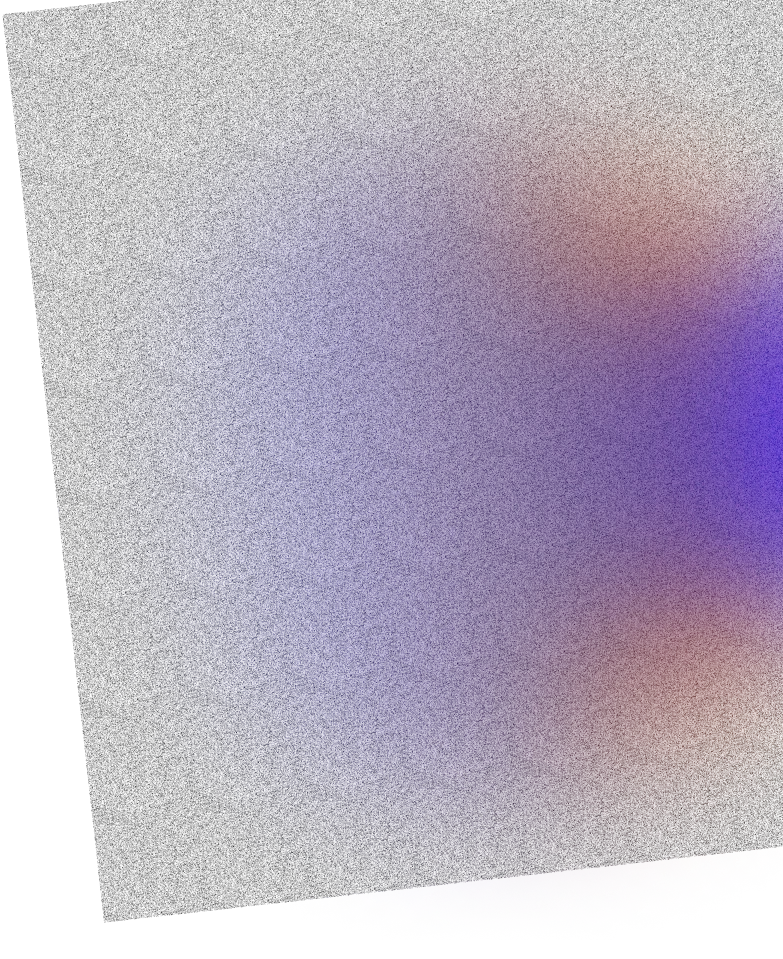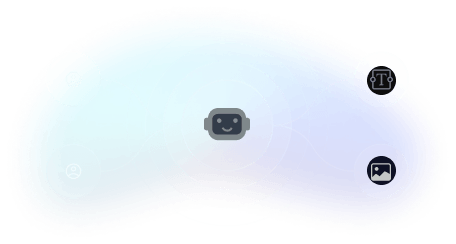





An interactive tool for real-time font matching and preview.
Generate








AI text generation is a revolutionary technology that enables machines to produce human-like text based on input prompts. By leveraging deep learning models, AI can generate articles, stories, marketing copy, product descriptions, and even poetry. This technology is based on Natural Language Processing (NLP) and machine learning, where algorithms analyze vast amounts of text data to predict and generate coherent, meaningful sentences.
Explore More
AI text generation works through machine learning models that are trained on massive datasets containing billions of words.
Explore More
There are numerous AI-powered writing tools available today, each catering to different needs.
Explore More
AI text generation is transforming the way we create content, but it has both advantages and limitations.
Explore More
AI is playing a major role in reshaping content creation across various industries.
Explore More
The future of AI-generated text is exciting and full of possibilities. AI models are evolving rapidly, and we can expect.
Explore MoreWhen new material doesn't quite click for a student, several factors might be contributing to the disconnect. In particular, learning gaps are a common culprit.